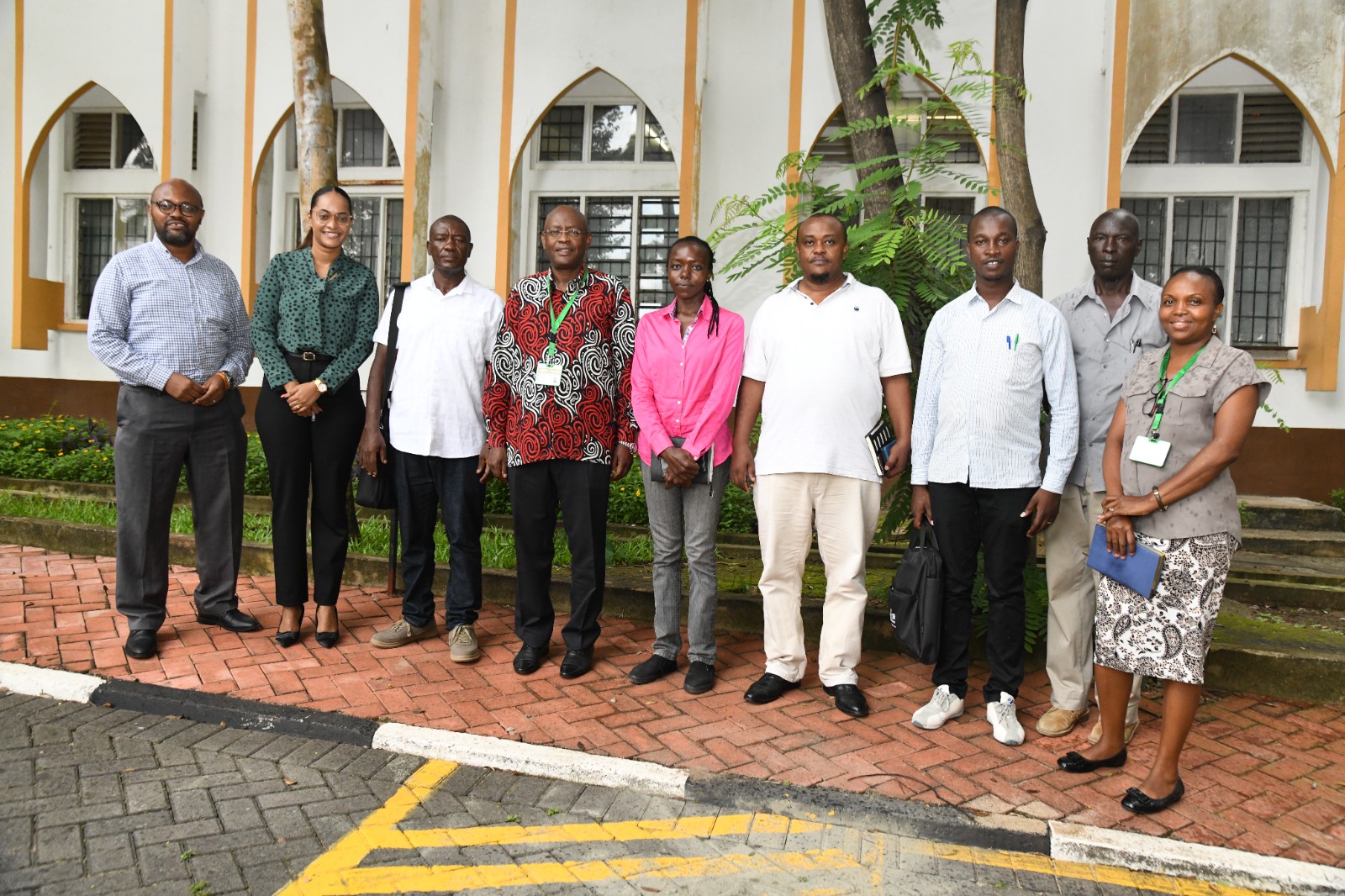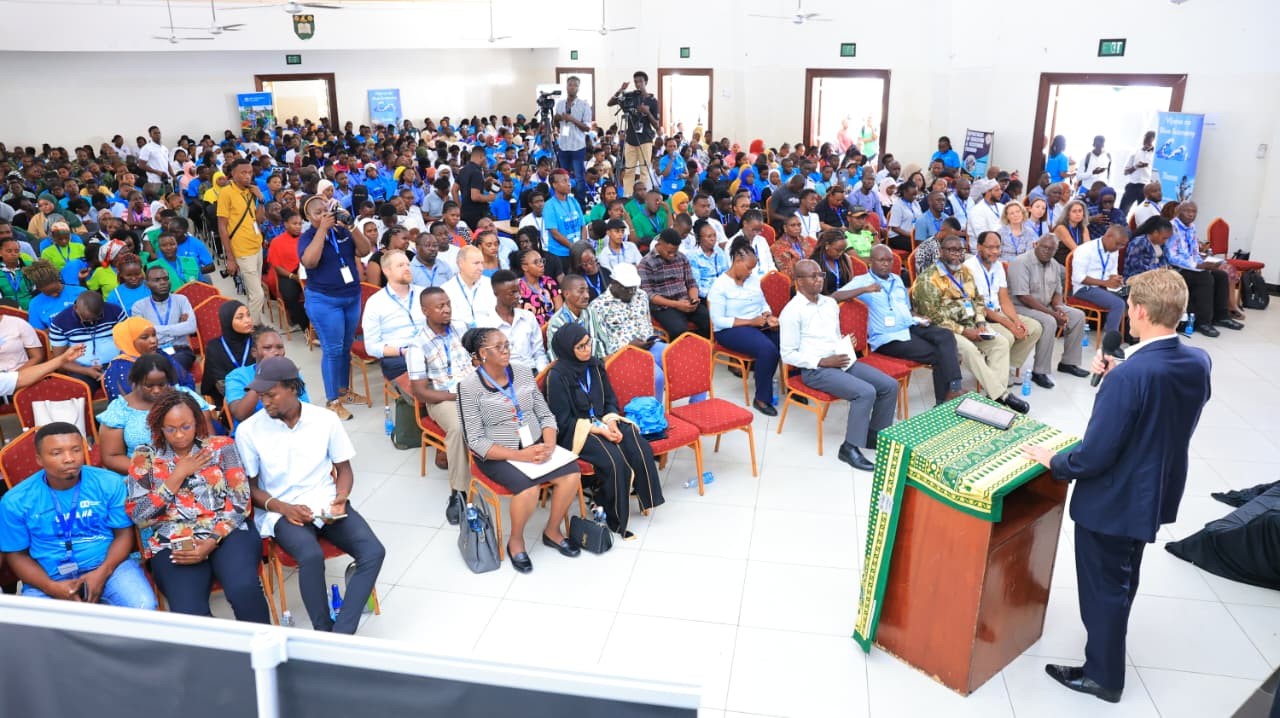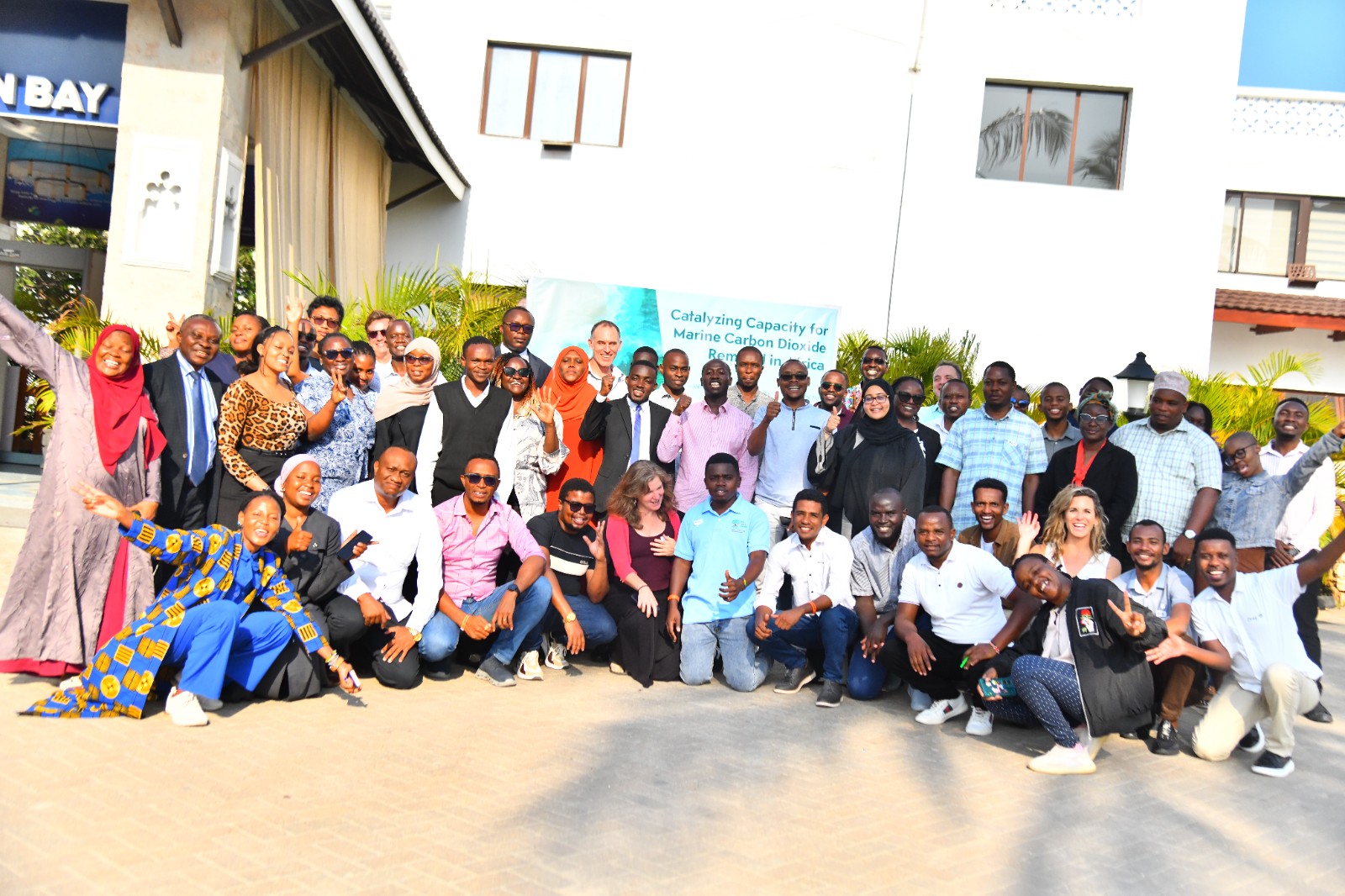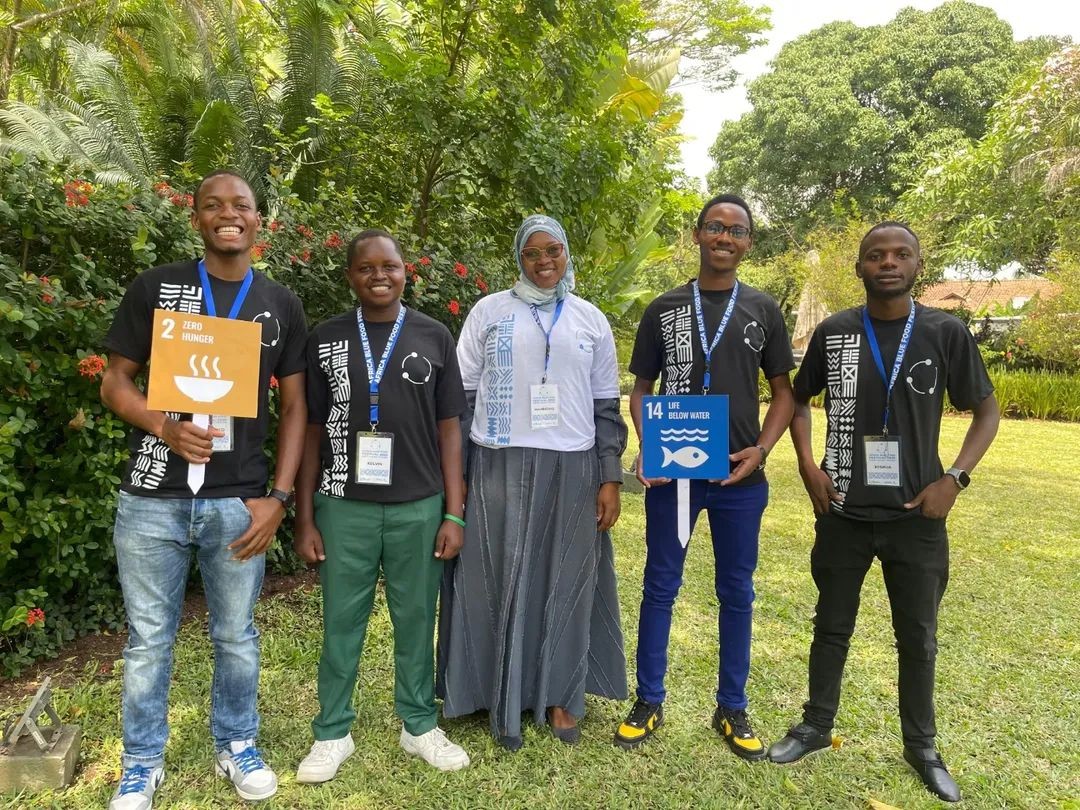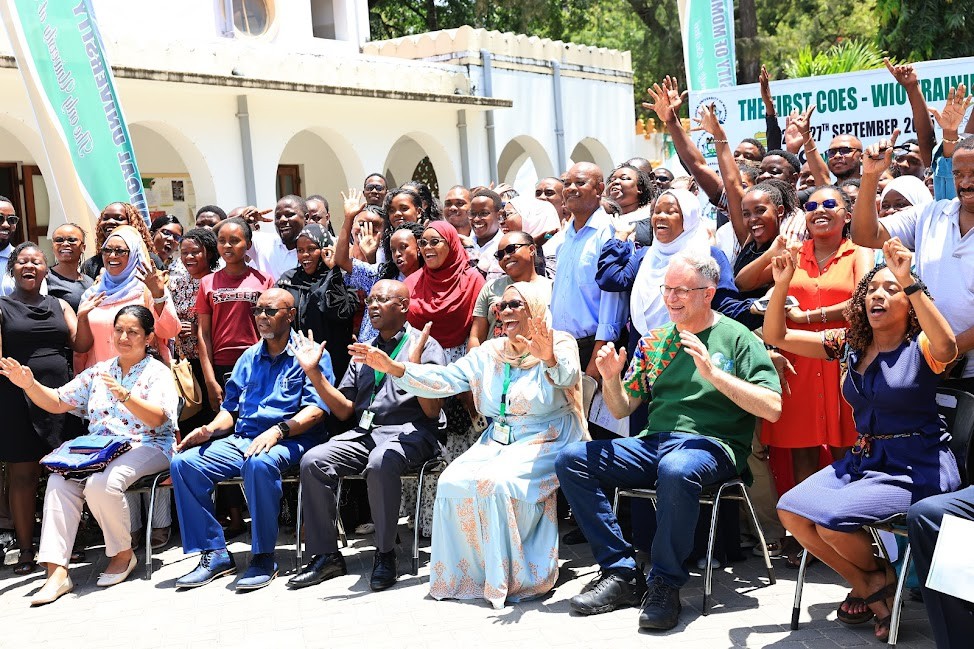The State Department of Housing and Urban Development (SDHUD) is ready to partner with TUM to construct hostels for students on the University's main campus.
Officials from SDHUD revealed this on Friday, December 15, 2023, when they paid a courtesy call to the Deputy Vice Chancellor of Academic Research and Extension Prof Peter Gichangi.
According to Mr John Karanja, the Director for Affordable Housing and Markets Coast Region, the SDHUD has a special program for developing university hostels to address the current shortage affecting all public universities.
Mr Karanja said the primary objective of the program is to assist public Universities with hostels for students in secure environments for them to concentrate on their studies.
"This is a partnership between Universities and the Ministry of housing to address the accommodation challenge among students. The University provides land, then the ministry pays a developer to do the construction work. When the project is complete it’s handed over to the university. The University enters an agreement to pay the ministry at the rate of 3% to 5% for an agreed period of time for the housing fund to be sustainable," Mr Karanja explained.
The team from the State Department of Housing and Urban Development (SDHUD) has already identified three areas in TUM where construction works can begin. These are Hatimi hostels, Obote hostels and Bamkele hostels.
A typical design has three categories of rooms in one hostel; the first one encompasses basic rooms which can accommodate two people. The second one is comprised of a medium room for one person while the third one is a self-contained premium room. The premium room is ideal for postgraduate students. Construction work takes 52 weeks.
Representing the Vice chancellor, Prof Gichangi commended the project admitting that it has come at the right time to address the accommodation challenge at TUM.
Prof Gichangi reiterated that TUM will move with speed to constitute a technical team to work on the project. He disclosed that TUM will negotiate with the ministry so that when the project is actualized, the University can pay 3 per cent instead of 5 per cent due to the financial constraints the university is facing.
The guests also explained to the University the concept of unicity, also known as 'Students Village', which entails housing and provision of all amenities within the village.
They advised TUM to liaise with the geo-tech department and also put into consideration the projection of TUM's student population in the next ten years while factoring in the aspect of feasibility and affordability of the housing.
With about 18,000 students at the Technical University of Mombasa, the 'Students Village' can greatly enhance the lives of the students living within the premises.
As this is the start of more conversations with the State Department of Housing and Urban Development, the University is optimistic about a notable collaboration for the development of the University and the well-being and security of the students and staff.
In attendance were the TUM’s Senior Planning Officer Ms Phydilia Mjomba, Quantity Surveyor at Architecture and Built Environment (ABE), Mr Erastus Katani, Landscape Architect at ABE, Deborah Chalang'at, and the Legal Officer at TUM, Ms June Khan, Engineer Mwatu O.K and TUM’s Senior Building supervisor Mr Joseph Ong’era.

